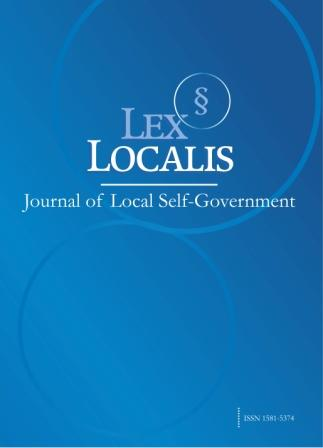Landmarks of Gradualism in Islamic Education and Their Impact on Local Autonomy
DOI:
https://doi.org/10.52152/7ze25698Ključne besede:
landmarks; gradualism; education; good counsel; Islamic law; autonomyPovzetek
Education possesses fundamental principles that must be understood and applied by any practitioner. Among these is the principle of gradualism, a methodical approach to modifying the behaviors and mindsets of individuals and societies. This method has a profound impact on the development of local autonomy, and its prominent origins are firmly rooted in Islam from the very beginning of its message. The Prophet Muhammad and the scholars and educators who followed him during Islam's golden ages—a period of civilization and advancement acknowledged by both allies and adversaries—relied on gentle persuasion and good counsel as a key educational and missionary tool. Gradualism was also a solid principle in Islamic legislation, directly derived from divine revelation. This approach highlights the necessity of considering people's circumstances, intellects, and psychological states to achieve acceptance, conviction, and obedience to the truth. This methodical and gentle process aligns with human nature and lived reality. In other words, Islamic law contributed to empowering individuals and communities to foster local consciousness and decision-making independence, a goal shared with the core essence of education in both its methods and objectives.
Prenosi
Objavljeno
Številka
Rubrika
Licenca
Avtorske pravice (c) 2025 Lex localis - Journal of Local Self-Government

To delo je licencirano pod Creative Commons Priznanje avtorstva-Nekomercialno-Brez predelav 4.0 mednarodno licenco.








